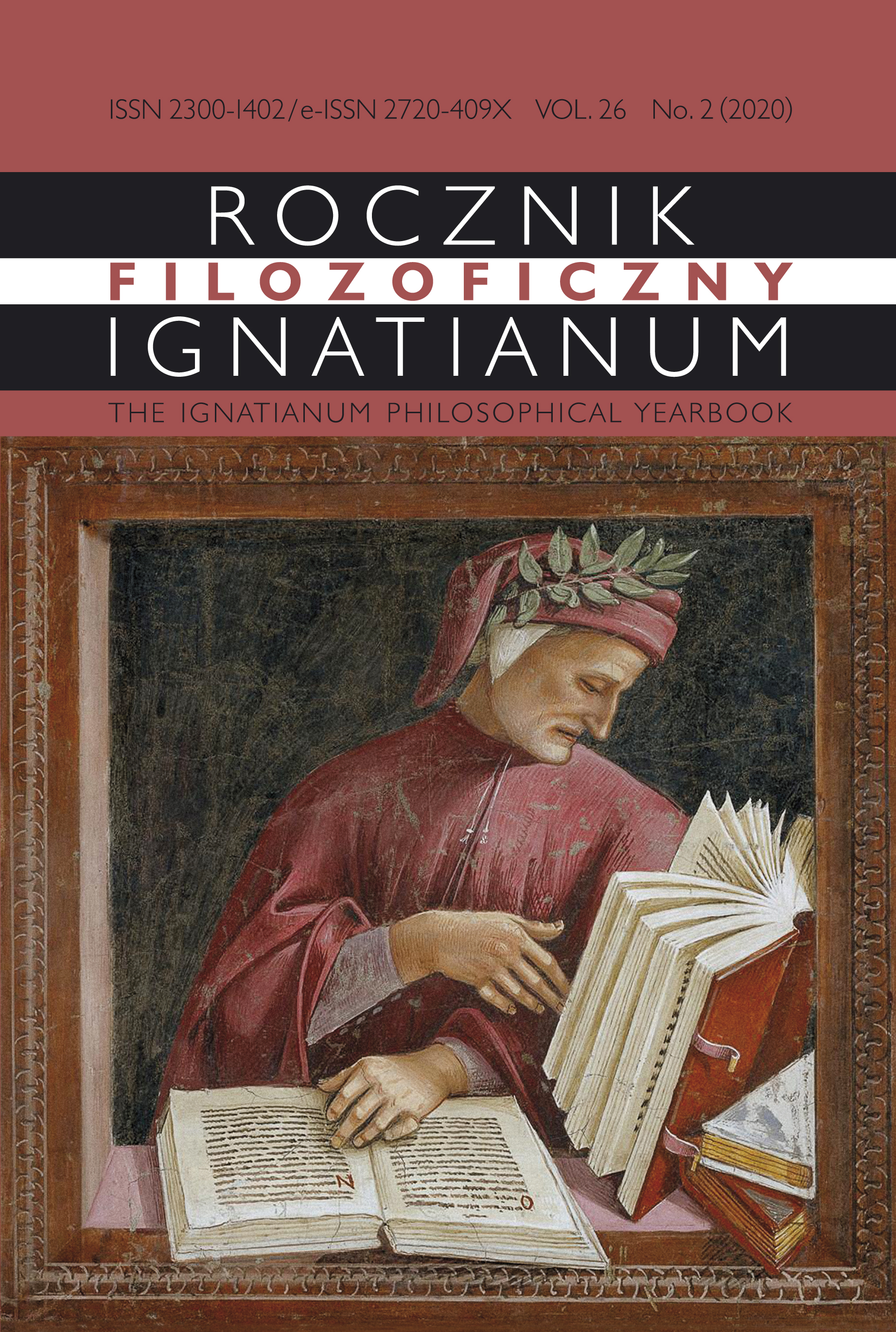Crowdsourcing as a Knowledge Building Method
Using “Crowd Wisdom” in Humanities Projects
Abstract
Interactive media create a space conducive to development of participatory culture, in which media content recipients become its active creators. Participant activities are not limited to commenting on online articles or being active on social media. They want to influence reality through their actions and to participate in creating and spreading information. The willingness and readiness of Internet users to co-create content is becoming increasingly important also in scientific projects, where success depends on the involvement of many volunteers who undertake specific tasks. Although such projects are often time-consuming, they usually do not require advanced skills from the people involved. The only payoff for their efforts is the satisfaction that comes from participating, as well as the recognition in their community. The purpose of this paper is to attempt to evaluate the phenomenon of crowdsourcing in humanities, especially in the context of the new reality created by the Covid-19 pandemic. It is based on the literature which addresses the importance of crowdsourcing in projects in a variety of areas, on top of an analysis of examples in which this method is used. The selection of presented examples is strongly intended to demonstrate the enormous possibilities and resulting benefits of involving willing volunteers in humanities projects. Their role is not diminished by the fact that they do not have competencies related to project topics. It can be assumed that crowsrourcing will be more and more widely used by researchers, especially in times when increasing numbers of people undertake online activities.
Copyright (c) 2020 Jesuit University Ignatianum in Krakow

This work is licensed under a Creative Commons Attribution-NoDerivatives 4.0 International License.
The Yearbook only accepts materials for publication that are free of all conflicts of interest, and that in no way involve conflicts over authorship, copyright, etc. The Editors will take action against any cases of plagiarizing, ghostwriting1, guest/honorary authorship2, etc. Where co-authored work is concerned, the Author listed first is expected to take responsibility for the submission, and is required to make clear the contributions of all of the Co-Authors involved. In the event of the publication owing its existence to funding dedicated to this purpose, this fact should be made clear: e.g. in any note of thanks/acknowledgement, or in a footnote, etc. Explicit notification should be given of any form of reprinting, with the appropriate evidence of permission to publish being furnished as required. Any impropriety on the part of Authors/Reviewers risks exposing them to appropriate responses from the relevant institutions.
______
1 This term refers to instances of a person who has made an essential contribution being omitted from the list of authors, or from notes conveying gratitude and/or acknowledgement.
2 This occurs when a person who has made either an insignificant contribution or no contribution at all nevertheless appears on the list of authors.





